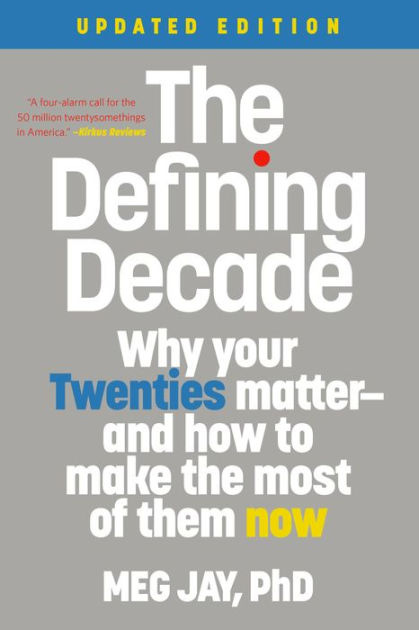The Primacy Effect: A Powerful Tool in Psychology
Do you know who came second??
Understanding the Primacy Effect
Boasting about introducing 'three revolutionary products', Steve Jobs knew precisely what to present first when he unveiled the first iPhone to the world.
He understood the power of first impressions and harnessed it to keep the world on the edge of their seats during his infamous keynote speeches.
Jobs was unknowingly wielding the power of the 'Primacy Effect' — a psychological principle stating how our brains place more importance on the first pieces of information we encounter.
Learn to present your ideas like Jobs in this quick read.
Why does it matter to talk about important things first?
When you're trying to communicate, the order in which you present your information matters. When you present the most important information first, you increase the chances of your audience retaining that information.
Not only is this a crucial aspect of effective communication, but it also helps to avoid biases and give a better overall experience.
Practical Applications of the Primacy Effect
There are numerous places where the primacy effect can be utilized effectively.
Presentations, speeches, and educational settings can all benefit from this psychological principle. By understanding and applying this concept, we can substantially improve our interactions and avoid gaps and biases.
History of the Primacy Effect
The primacy effect isn’t a novel concept, but rather, a principle that emerged from mid-20th century studies carried out by social psychologist Solomon Asch. His experiments involving "Impression Formation" revealed that participants were more likely to remember items from a list that were presented first, supporting the theory of the primacy effect.
This discovery greatly influenced how we understand and interpret information.
For example, when you first learn about Dinosaurs and the T-Rex in the starting. It tends to stick in your mind longer than the rest of them. Now, we can’t forget those tiny tiny arms either!
Responsible Use of the Primacy Effect
It strongly influences perception, it should never be used to mislead or manipulate others.
Always strive to use it as a way to communicate more effectively and ethically.
Harnessing the Primacy Effect: A Double-edged Sword"
The primacy effect is a basic but powerful trick our brains play on us. It helps us remember the first thing we hear or see better than anything else.
This everyday psychology magic works wonders in our day-to-day interactions, helping us communicate and get our points across more clearly.
But it's just like any other tool - use it with care and honesty or it can backfire
Uncle Ben said it best “With Great Power Comes Great Responsibility”
If you found this blog post helpful and want to learn more about such fascinating topics as psychology, productivity, tips to make your life more efficient, and their real-world applications, consider joining our newsletter.
Stay informed, learn, and grow with us!
This week I am going on a trip so going to get some travel content and hacks I use for the next time to share - Sidd
Space
Zooming out from Earth to Space in 4K 🔗
Creative
Have an idea that you want to turn into videos then try this tool out
Data Science Common Interview Questions 🔗
AI Tool (Free)
Bing Image Creator: Everyone expected that OpenAI’s new image generator DALL-E 3 would be available exclusively to paying ChatGPT users first. But just 10 days after its official announcement,
DALL-E 3 is available via the Bing Image Creator—for free.
How it works: Accessing the new DALL-E version is easy.
Go to Bing’s website,
Set up a free Microsoft account
Prompt away.
Alternatively…
You can also use Bing Image Creator through Bing Chat—pretty cool.
The exciting part? Images generated by DALL-E 3 are in a totally different league than those made with DALL-E 2. As good as Midjourney and Stable Diffusion now!
Books
⛅ Self-Care
You Feel Like Shit - A self-care game that guides you through a series of questions to practice for taking better care of yourself
Re-Launch Issue #1: Wandering Creators Toolbox
Hi I am Sidd, I used to write this newsletter in the past but stopped for a while. I noticed I would make improvements in writing, thinking, finding interesting ideas and that became less once I stopped so I am re-launching this newsletter.Thanks for reading CreatOracle by Sidd Chauhan! Subscribe for free to receive new posts and support my work.






